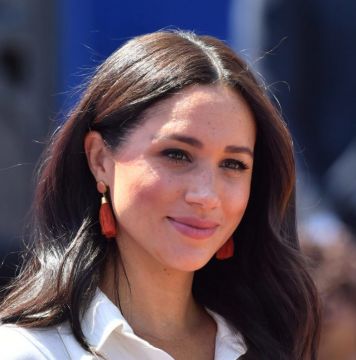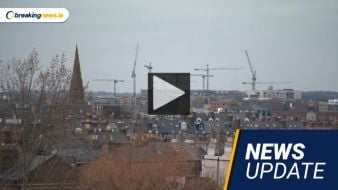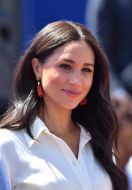Meghan Markle won her copyright claim against The Mail On Sunday after a former aide’s “unequivocal” denial that he helped write a letter to her estranged father rendered the newspaper’s case “unreal”, the UK High Court has ruled.
Meghan (39) sued Associated Newspapers Limited (ANL), which is also the publisher of MailOnline, over a series of articles which reproduced parts of a “personal and private” letter to Mr Markle (76) in August 2018.
She claimed the five articles, published in print and online in February 2019, misused her private information, infringed her copyright and breached the Data Protection Act.
In February, the High Court granted Meghan summary judgment in relation to her privacy claim, meaning she won that part of the case without having to go to trial, as well as most of her copyright claim.
Last week, Lord Justice Warby granted summary judgment in relation to the remaining parts of Meghan's copyright claim.
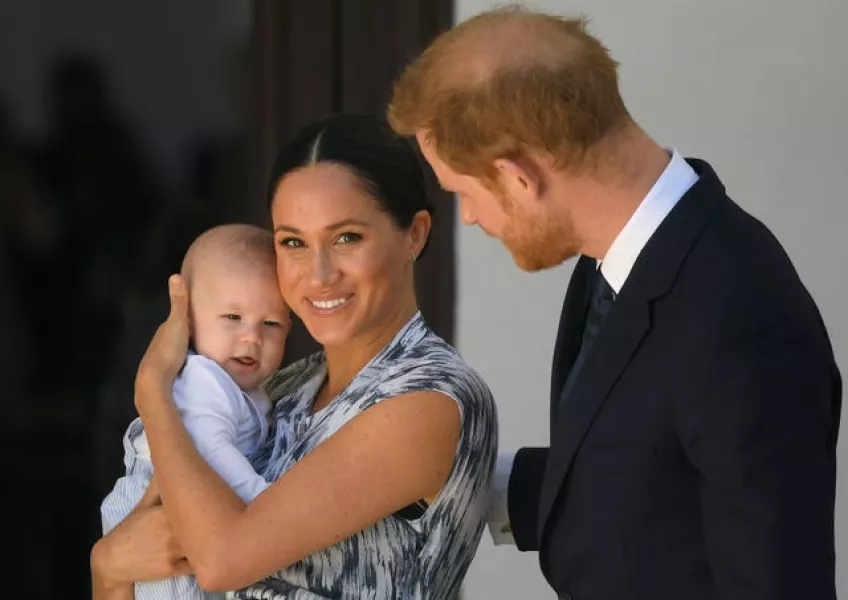
ANL previously said it believed Jason Knauf – formerly communications secretary to Meghan and Prince Harry – was a co-author of the letter, which it argued meant the letter belonged to the Crown.
But Mr Knauf “emphatically” denied being a co-author of the letter, with his lawyers saying that he made “only a very minor suggestion” on its contents, recommending that “a reference to Mr Markle’s ill-health be included”.
Lawyers representing “the Keeper of the Privy Purse, acting on behalf of Her Majesty the Queen” also told ANL’s solicitors that they “did not consider the Crown to be the copyright owner”.
In a ruling published on Wednesday, Lord Justice Warby said Mr Knuaf’s position was “unequivocal and definitive, not uncertain or provisional”.
The judge said ANL’s case on ownership of the copyright of the letter had been “reduced to a speculative hypothesis, founded on hearsay from an unknown source, which lacks corroboration and is contradicted by both the key individuals”.
He added: “I find that there is no longer any realistic prospect that the claimant would fail to prove her full case on the issue of liability at a trial.
“She would be bound to establish that she was the sole author of, and exclusive owner of copyright in, the electronic draft (of the letter).
“There is no reason, compelling or otherwise, for this issue to go to trial.”

Lord Justice Warby said ANL must “use its best endeavours” to locate any copies of the draft of Meghan’s letter to Mr Markle and provide them to the publisher’s lawyers, who will destroy them “at the end of the action, so long as the claimant ultimately succeeds”.
ANL was also ordered to provide information about “what revenues it generates (and) what expenses it incurs and how” ahead of a hearing in October, which will deal with an “account of profits” the publisher made as a result of infringing Meghan’s copyright.
At last week’s hearing, the court was also told that Mr Knauf “led extensive efforts” to defend Meghan’s reputation and “protect her father from media intrusion”.
He “repeatedly” spoke to Mr Markle and directly contacted media organisations to “object to intrusions into Mr Markle’s privacy” from 2016, his lawyers said in a letter to the Mail On Sunday’s lawyers last month.
Mr Knauf also “emphatically” denied being a co-author of the letter, with his lawyers Addleshaw Goddard telling ANL: “Mr Knauf did not draft, and has never claimed to have drafted, any parts of the electronic draft or the letter and would never have asserted copyright over any of their content.
“In our client’s view, it was the duchess’s letter alone.”
Addleshaw Goddard told ANL that Meghan sent Mr Knauf “a series of text messages in August 2018” about a draft of the letter to her father, which she composed on her mobile phone before transcribing it by hand.
Their letter added: “Given that Mr Knauf was a trusted adviser who had spoken to Mr Markle repeatedly and supported the duchess by trying to protect her father from media intrusion, there was nothing unusual about her asking for his opinion on the electronic draft.
“Mr Knauf made only a very minor suggestion on the text of the letter, namely that a reference to Mr Markle’s ill-health be included.
“This advice was accepted, but Mr Knauf did not suggest any specific wording.”

In February, Lord Justice Warby said ANL’s publication of Meghan’s letter to her father was “manifestly excessive and hence unlawful”.
He said: “It was, in short, a personal and private letter.
“The majority of what was published was about the claimant’s own behaviour, her feelings of anguish about her father’s behaviour, as she saw it, and the resulting rift between them.
“These are inherently private and personal matters.”
The judge said “the only tenable justification for any such interference was to correct some inaccuracies about the letter”, contained in an article in People magazine, published days before ANL’s five articles, which featured an interview with five friends of Meghan.
But Lord Justice Warby added: “The inescapable conclusion is that, save to the very limited extent I have identified, the disclosures made were not a necessary or proportionate means of serving that purpose.
“For the most part they did not serve that purpose at all.
“Taken as a whole, the disclosures were manifestly excessive and hence unlawful.”
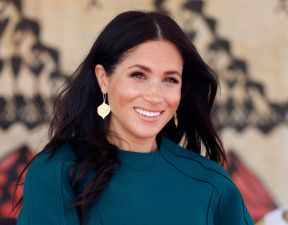
In March, the publisher was ordered to print a statement on the front page of the Mail On Sunday and a notice on page three of the paper stating it “infringed her copyright” by publishing parts of the letter to Mr Markle.
But the front-page statement about Meghan’s victory in her copyright claim is on hold, to allow ANL time to seek permission to appeal.
In Wednesday’s ruling, Lord Justice Warby said ANL’s application to the UK Court of Appeal “is still pending”.
